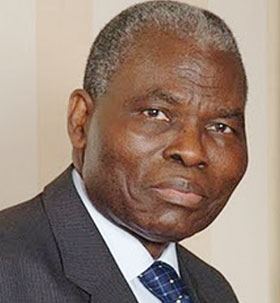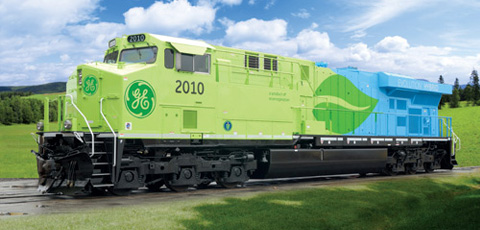Angola Starts Sovereign Wealth Fund With $5 Billion
Angola, Africa’s second-biggest oil producer, is starting a sovereign wealth fund with $5 billion in assets to ease the impact of commodity price volatility that prompted an International Monetary Fund loan three years ago.
The Fundo Soberano de Angola, or FSDEA, is to be managed by a three-member board led by Armando Manuel, an adviser on economic issues to President Jose Eduardo dos Santos, he told reporters today in Luanda, the capital. Investments will include financial securities and stakes in infrastructure and hospitality projects and other industries that may exhibit strong growth in sub-Saharan Africa, he said.
The IMF promoted setting up a fund and cutting the quasi- fiscal operations of the state oil company Sonangol when it loaned the nation $1.3 billion after crude prices fell in 2008.
“The fund was created with the intention of using the best methods of investment for the development of infrastructure,” Manuel said. “It is an evolution of the resources fund that had been proposed using 100,000 barrels of oil a day and it’s from this perspective we hope the fund will grow.”
The country’s economy will probably grow 6.8 percent this year and 5 percent next year, according to the IMF, while Manuel said today growth could be 9 percent in 2013. Angola pumps about 1.8 million barrels of oil a day from fields operated by companies including Exxon Mobil Corp. (XOM), Chevron Corp. (CVX), BP Plc (BP/) and Total SA. (FP) Foreign reserves were $30 billion in July.
“The government has concerns about the economy’s dependency on oil and how it must adapt and think about protection for the future and economic stability,” Joao Fonseca, executive director at Banco Angolano de Investimentos in Luanda, said yesterday in an interview.
The money will target domestic agriculture, water, power generation and transportation to attract foreign investment to Angolan infrastructure projects, according to fund documents. Hotel projects including a hospitality school in Angola are part of the fund’s plans.
Independent
The board of directors has an independent advisory council, which includes the ministers of finance, the economy, and planning, as well Jose de Lima Massano, governor of Angola’s central bank.
The fund will be accountable to the government through a performance review, including an annual report to Parliament and the appointment of “internationally recognized independent auditors,” the documents showed.
The board includes Jose Filomeno de Sousa dos Santos, the eldest son of the president and a former board member of Banco Kwanza Invest SA, where he oversaw the earlier 100,000-barrels- a-day fund, the younger Dos Santos said.
“My only professional links is with the oil fund, now reformulated as the sovereign fund,” he said. “We follow the law under which it is formed, the principles of transparency and good management of investments.”
Sonangol Role
Also on the board is Hugo Miguel Evora Goncalves, a former senior manager at Standard Bank of Angola, and the Pension and Development Fund of Angola.
“Sonangol has been operating as a kind of sovereign fund, so it will be interesting to see whether this new fund is seen as relieving Sonangol and enabling the company to focus on the core business of oil, or whether it is seen by Sonangol as competition and usurping of power and influence,” Markus Weimer, an analyst at Chatham House in London, said on Oct. 15 in an e-mailed response to questions.
Petroleum products account for more than 60 percent of the economy, 97 percent of exports and about 80 percent of state revenue, according to the London-based Economist Intelligence Unit.
Angola ended a 27-year civil war in 2002 and its citizens have a life expectancy of 47 years, according to the World Bank. Transparency International ranked Angola at 168 of 182 countries in its 2011 corruption index.
Its crude accounted for 2.9 percent of U.S. imports in May and 16 percent of China’s in July, according to data compiled by Bloomberg.
Angola follows Nigeria, the continent’s biggest oil producer, which signed its own sovereign wealth fund into law in May last year with an initial $1 billion.
Nigeria’s sovereign wealth law requires the generation of funds for infrastructure, the future generation and budget stabilization, with each representing at least 20 percent of the total. Savings through the fund will enable the West African nation to build infrastructure and provide a buffer against volatility in oil prices, according to Okonjo-Iweala.
The world’s biggest sovereign wealth fund is operated by Norway and had $582.9 billion under management at the end of 2011, according to the Sovereign Investment Lab at Bocconi University in Milan.
Source: Bloomberg









